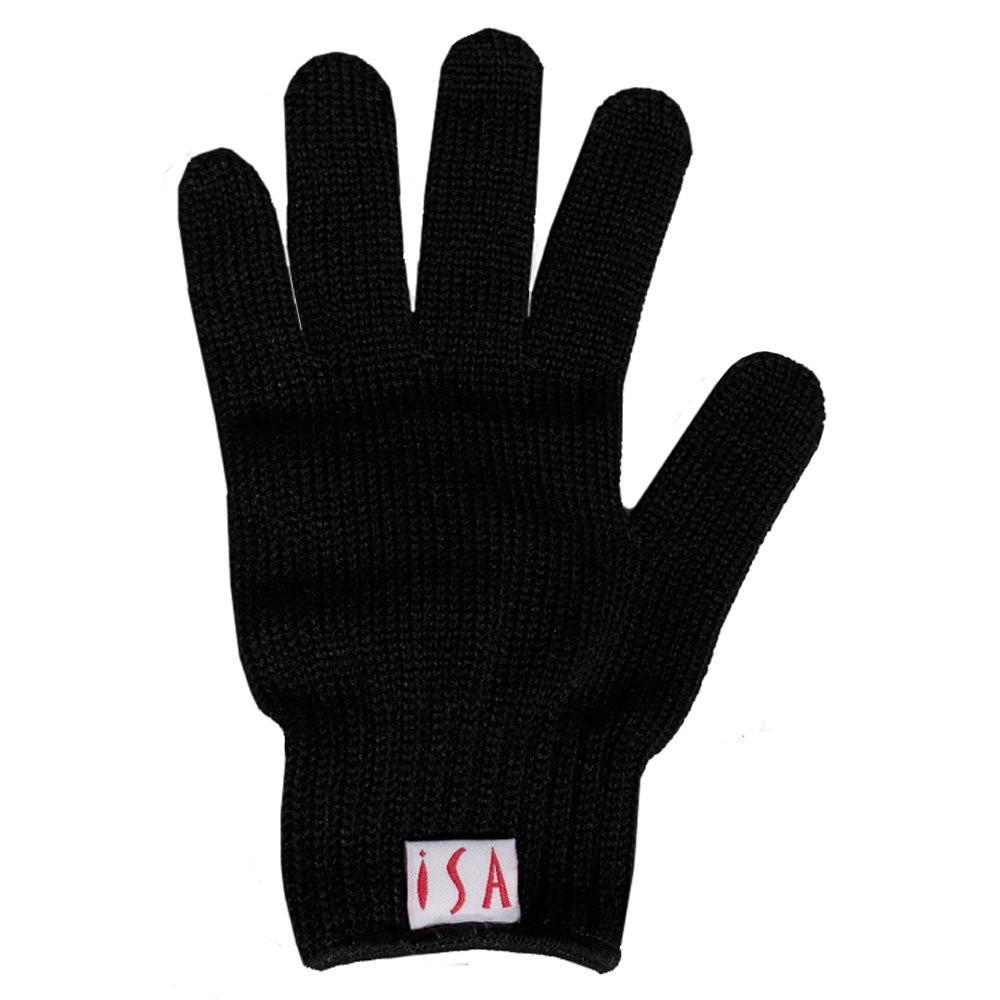Superheroes Save Us from the World
Superheroes to the Rescue
Representation matters.
You might have heard that a time or two. Even if you haven’t, you innately understand it.
Representation matters especially in the entertainment that we consume, particularly when we’re children; y’know, all impressionable minds and open hearts. The movies we watch, the books we read, all of these stories we consume are the building blocks of who we are. They define our world, building it character by story by stereotype. Who you are is what you understand the world to be.
I grew up with superheroes. Some of my earliest memories are of wanting to be Talia, going on adventures with He-Man… until I discovered She-Ra, and then I understood I could be the center of the adventure. Rainbow Brite also taught me a girl could save the universe from the back of a rainbow-maned horse. Then came the X-Men, and I met Jean Grey, who was intelligent and gifted and then the drowning heart of a god. She taught me the importance of humanity, of the core of self. By the time I found my way to comics, I was lucky enough to discover Generation X - full of complicated girls my age, trying to learn their powers and also better the world. Girls like M, a woman of color, self-possessed and confident. Husk, a down-home country girl with a spine of steel. Jubilee, with all her pluck and dedication, and Penance with her boundless sorrow and inability to communicate (an early avatar for my understanding of depression).
I grew up in a world that told me, as a girl, not to be - don’t worry about your brain, you just need to look good. Don’t eat… so much, anyway. Why do you wear pants so often? Why don’t you smile? Girls shouldn’t read so many books. Don’t worry about going to college too much, it’s just to find an up-and-coming professional husband. Keep your legs closed. If you must start a career, just let it occupy you until you get married. It’s a good thing I had superheroes as a counterbalance to all of that - my mom*, She-Ra, Jean Grey and others kept me sane. They gave me the horizon.
I went to college. I smiled only when I felt like it. I explored the world, moved to Tokyo, became a writer, and walled my apartment in books. I only got married when I was good and ready - which turned out to be over halfway to 30 and to my best friend whose only plan for me is to be me.
Superheroes who are women can be our lifelines in a world that tells us to be less, but they can also betray us: for every character I found to identify with, I found two who alienated me by their mere presentation - a problem created by the minds and hands behind the comics. I never found out if there was a real character inside the pages of titles like Witchblade or Power Girl or Vampirella because the covers confused me. The superheroes were grossly hypersexualized, waving a flag to attract a very different gaze from mine. Their proportions were as unrealistic as their outfits were generally unsuited to their jobs.
Some of you may be doubting how much these unrealistic depictions of female superheroes can truly impact our way of thinking about ourselves. I can understand where you’re coming from, and you don’t have to take my word for it. I invite you to check out “The Problem with Female Superheroes” over at Scientific American, which discusses one study researching how hypersexualized superheroes may not negatively impact our beliefs on gender parity, but do degrade our opinions of our physical place in the world.
We’re lucky. The world we live in is changing - that change is coming with great pain and terrible turmoil as so many disenfranchised people stand up and demand to be recognized. But the struggle, while hard, is producing genuine results. We’re holding creators accountable. Women, People of Color, people with disabilities, those who are neuroatypical, those who are not heterosexual, they are all demanding a voice and using that voice.
And now? We have Moon Girl, a black girl and supergenius who is saving the world with her partner Devil Dinosaur. We have Faith Herbert, a fat woman who is saving the world and being fabulous because “overweight” doesn’t mean anything. We have Kamala Khan, a modestly dressed Muslim who is Captain Marvel. Riri Williams is now Iron Man (and her ‘fro is amazing), and Thor is an office held by Jane Foster (who is also currently a breast cancer survivor). So many people, previously voiceless or shouted down, are now finding themselves on brightly colored pages as their heroes, saving the day and changing the world. There is still so much farther to go, but we have begun. We’re transforming our stories and saving ourselves.
So now you get it. Representation matters. When we see ourselves in popular stories, in our comic books, we truly understand that we matter. Our stories are worth telling, which means we are worth acknowledging. Recognizing ourselves in the world gives us the confidence to discover what we can accomplish, and the wisdom not to diminish our own horizons. Superheroes don’t just save the world - they save us from the world, and let us create a new one.
*My mom has seen things you wouldn’t believe, and saved more souls than you can imagine. She’s a real-life superhero, flaws and strength and all.




